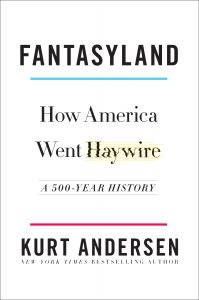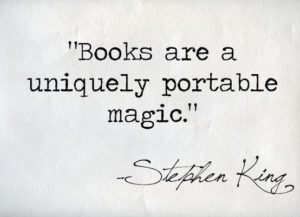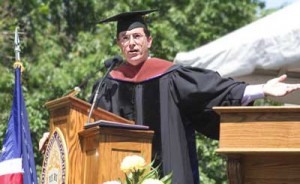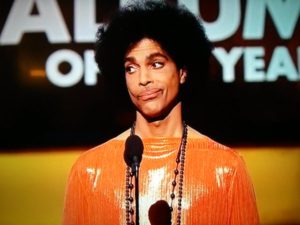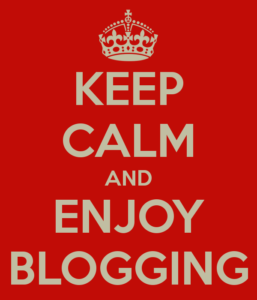I’ve been lucky over the years to travel abroad extensively on book tours, but primarily for research or just for fun. I’ve been to France, Belgium, England, The Netherlands, Italy, and Germany many times.
My French and German are good, my Dutch passable, and I can manage “travel Italian” though I know my accent needs work.
Many of these trips fulfilled dreams. I’d always hoped to one day teach abroad and I wound up with a six-week gig in London where the museums blew my mind and I fell in love with the Pimlico neighborhood I was staying in. For years I’d fantasized about visiting Bruges in Belgium and my week there doing research forr a book was unbelievably fulfilling. The food, the historical sites, the museums and churches surpassed my expectations. Oh, and then there’s the beer. I tried local varieties but also beers I’d had at home in bottles, this time they were on tap and tasted so much better. In Bruges I felt like Charles Ryder in Brideshead Revisited: drowning in honey.
I’d spent some time studying Dutch before my trip and found it really made a difference doors when shopping or ordering food or chatting with the B&B owner. I ahd somehow even picked up a word for “amazing” that the owner, from the French part of Belgium didn’t know: verbazingwekkend. When I used it, she was delighted.
As backup, my French was very handy and I once even found myself asking directions in German from someone whose accent in Dutch made it very clear where he was from.
I’ve had that same feeling of bliss elsewhere. Like standing on a bridge in Paris at night my first evening there with my beloved spouse, gazing at the buildings glowing with light and watching bateaux mouches glide down the river. Once, through some scheduling mix-ups on one German tour, I ended up with something rare: free time. It happened to be in Munich and I actually had two entire days there for tourism, slow, fantastic meals in a number of restaurants, and a whole afternoon at the Nymphenburg palace and grounds.
There was a time I thought I might be teaching in Sweden, so along with studying Swedish (which I loved), I spent months researching sites across the southern part of the country for myself and whoever my students would be. I read deeply about Swedish history and customs, tried out my Swedish on a friend with Swedish family and even studied a Swedish art song in my voice lessons.
The trip fell through for complicated reasons, but I’d been so immersed in what might be happening, watched so many videos, it felt as if I’d actually been there. For a whole year and a half, I was dedicated to the idea of being in Sweden for a month and a half, and when it didn’t happen, I somehow wasn’t as disappointed as I expected to be. The same thing has happened with trips to Nice and other cities where I had tremendous fun just planning: studying everything from train schedules to walking tour maps and restaurant menus. When I plan a trip, I buy books, watch travel videos, study the destination in depth and the immersion is all-consuming.
It’s said that the journey not the arrival matters, but sometimes, for me, the journey doesn’t get father than my iPad–and that’s fine.
How about you? Have you ever felt like this about a trip that didn’t happen?
Lev Raphael teaches creative writing workshops at writewithoutborders.com. He is a member of the North American Travel Journalists Association.

